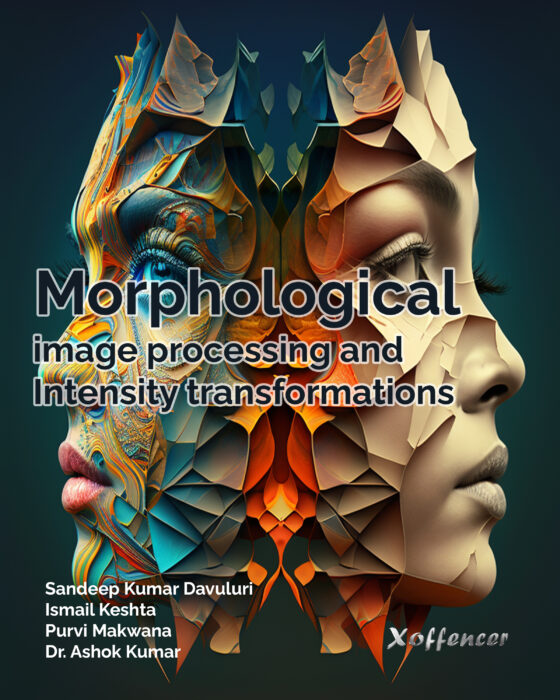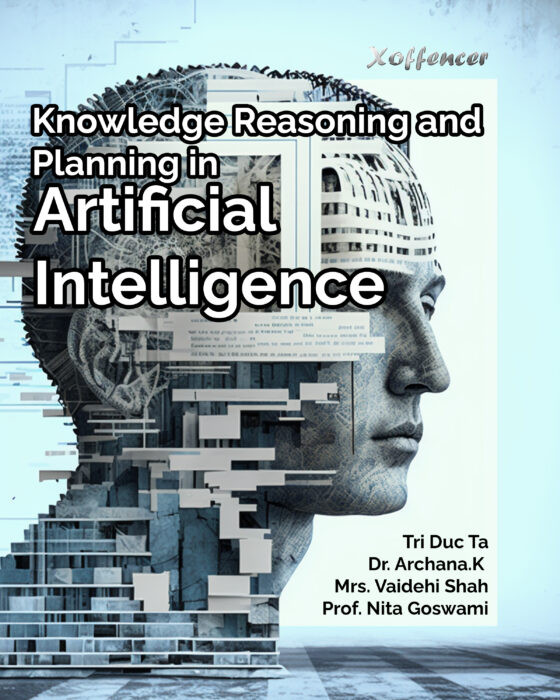Description
By enabling systems to do complicated tasks such as image recognition, natural language comprehension, autonomous decision making, and predictive analytics with surprising precision and flexibility, advanced machine learning algorithms represent the leading edge of artificial intelligence. These algorithms empower computers to accomplish these tasks. Deep learning, ensemble learning, reinforcement learning, Bayesian approaches, and evolutionary algorithms are some of the advanced paradigms that are included into these algorithms. To manage large-scale, high-dimensional, and frequently noisy data, these algorithms go beyond the limits of classic statistical methods. A wide variety of fields, including computer vision and voice processing, drug discovery, and financial modelling, have been revolutionized as a result of the creation of designs such as Convolutional Neural Networks (CNNs), Recurrent Neural Networks (RNNs), Transformers, and Graph Neural Networks (GNNs). The limitations of what computers are capable of learning with minimum supervision and data are being pushed further by meta-learning, self-supervised learning, and generative models such as GANs and VAEs. Interpretability, data efficiency, robustness, and ethical deployment continue to be challenging areas, notwithstanding the progress that has been made. The fundamental ideas, applications, and ongoing research trends in advanced machine learning algorithms are discussed in this book. The book also highlights the transformational potential of these algorithms as well as the crucial concerns that need to be addressed in order to guarantee that they are used in real-world systems in a responsible, equitable, and safe manner.













Reviews
There are no reviews yet.